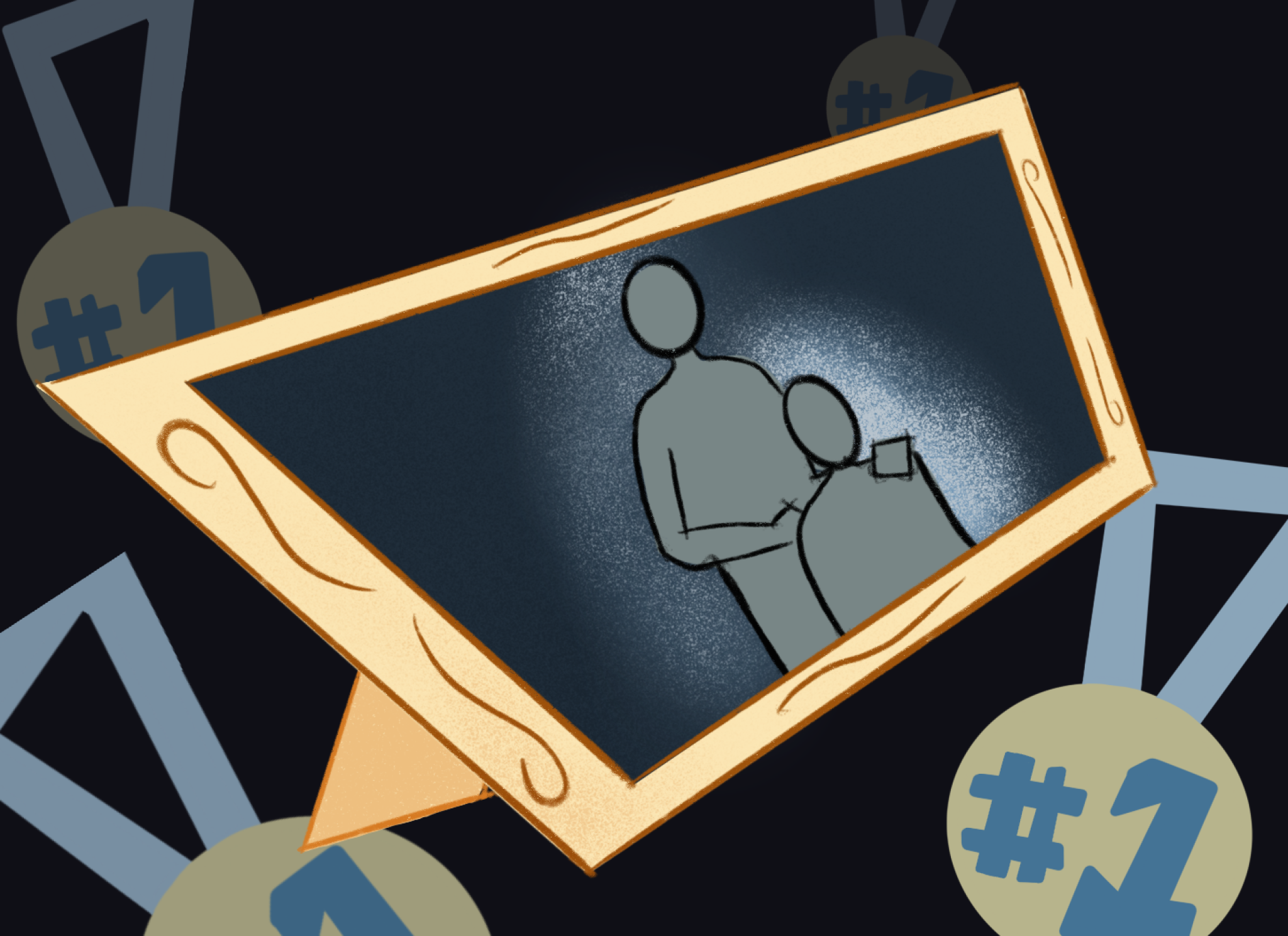Mason Mullen, a junior at Berkeley High School, was encouraged to start competing in track and cross country by his mother, who competed in college and qualified for the Olympic trials. But early in his track experience, Mullen didn’t find himself feeling motivated by his mother.
“I had grown up my whole life watching her and (thinking), oh, well, I can never be as good as her at this,” Mullen said. “I didn’t really see it as an inspiration, more of a demotivation. But during quarantine, she really took me under her wing. And I’ve noticed that I can really (succeed), I just have to put in the effort and listen to what she has to say.”
For many student athletes like Mullen, having a sports parent can mean extensive access to information about injury prevention and performance improvement, but also increased pressure and constant unsolicited advice. Multi-generational athletes at BHS interact with their sports in different ways, but experience a myriad of similarities in how their home and sports lives intertwine.
For Mullen, his mom was his first coach: she started coaching the Martin Luther King Jr. Middle School cross country team when Mullen entered the school. Although Mullen now runs for BHS track, she remains a coaching figure and a support system.
Sophomore Anaya Lehman started competing in swimming because of her dad, who swam competitively in high school and continues to train. He put her in swimming programs as a young child, and supports her by offering injury prevention advice and cheering her on at races.
For Lehman, the ability to have conversations built on mutual understanding of a sport is a benefit of having a same-sport parent. “Sometimes when I try to talk about water polo with my mom, she’s like, ‘What?’ ” Lehman said. “It’s good to have somebody that knows what I’m talking about.”
Sophomore Magnolia Hougan, who runs varsity track and cross country, said that having a sports parent can both ease and intensify the physical toll that training has on an athlete. Hougan’s father competed in track and cross country in high school and college, and continues to train.
“I think, physically, I would definitely be worse off (without my dad having run track),” Hougan said. “But it goes both ways. I think I would probably strive to push myself a little less hard, and then I’d probably get injured less if I didn’t have a sports parent.”
Mullen, however, considers his mother’s experience in the sport to be central in preventing injuries. “I feel like I’ve avoided like a million different injuries and overtraining,” Mullen said. “My coach at school just can’t always be there. There are too many kids on the team. … She’ll tell me when to take a day off, even if I really don’t want to take the day off,” said Mullen.
However, having a parent as a coaching figure can transfer some of the intensity of athletics into the relationship.
Mullen said, “Sometimes if I don’t perform, she can be disappointed in me. … It gets in the way of ... everyday things I would just do with my mom.”





